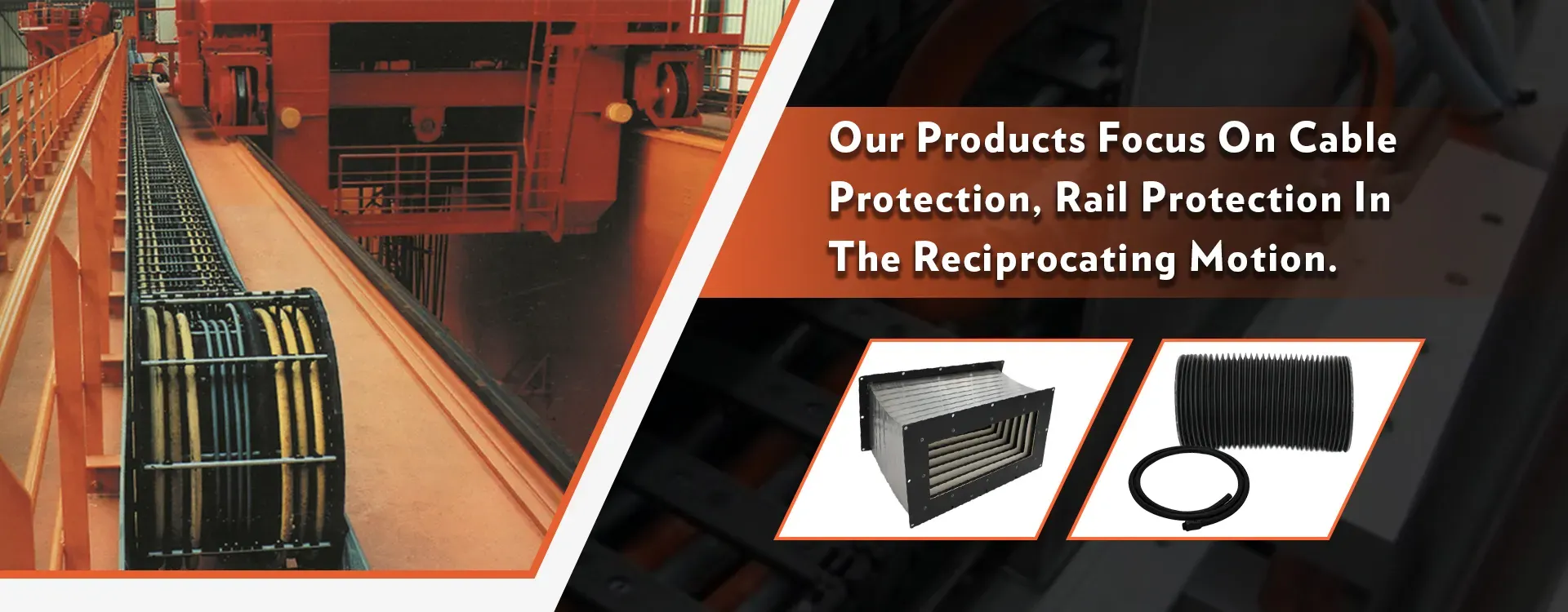cable carrier
The Importance of Cable Carriers in Modern Infrastructure
In today's fast-paced world, the role of cable carriers in various industries cannot be understated. Whether in telecommunications, data transmission, or electrical distribution, cable carriers provide essential support and protection for cables, ensuring efficient operation and safety. Their importance is particularly pronounced in environments where cables are vulnerable to wear and damage, such as manufacturing plants, automated warehouses, and even in outdoor installations.
Cable carriers, also known as cable track or energy chain systems, are designed to guide and protect cables and hoses moving between fixed points. They are engineered to facilitate movement, allowing for a consistent flow of electrical power, data, or fluids to machinery or equipment. This mobility is crucial in reducing wear and tear on cables, which can lead to frequent replacements and increased operational costs. The ability to track and manage cable positioning creates a more organized work environment, leading to enhanced productivity.
One of the most significant advantages of cable carriers is their versatility. They come in various materials, sizes, and configurations, making them suitable for a diverse range of applications. In manufacturing, for example, cable carriers can be integrated into robotic systems to ensure that power and signal cables remain untangled and protected as machinery operates. In wind turbines, they are used to manage electrical cables as the turbines rotate, ensuring uninterrupted energy transmission even in challenging conditions.
cable carrier

Furthermore, cable carriers contribute to workplace safety. By organizing cables and preventing them from becoming tripping hazards, they minimize the risk of accidents on the shop floor. This is particularly important in high-traffic environments or areas with heavy machinery. By ensuring that cables are routed properly, businesses can create a safer workspace, comply with safety regulations, and improve overall workplace morale.
The advancement of technology has also influenced the evolution of cable carriers. Today, many cable carriers are smart systems that can monitor cable health and performance in real time. This capability allows for predictive maintenance, where potential issues can be addressed before they lead to equipment failure, further reducing downtime and maintenance costs.
In conclusion, cable carriers are an indispensable component of modern infrastructure that enhances efficiency, safety, and organization. As industries continue to evolve and embrace automation, the need for innovative cable management solutions will only grow. Investing in high-quality cable carriers can lead to long-term savings, improved productivity, and a safer working environment. As we move forward, it's essential that industries recognize the vital role that these seemingly simple systems play in the complex machinery of today’s world.








